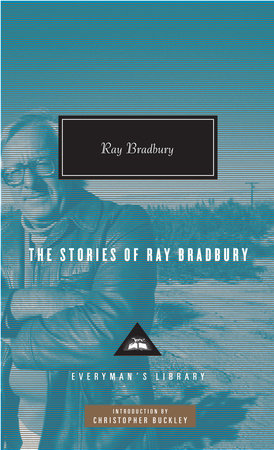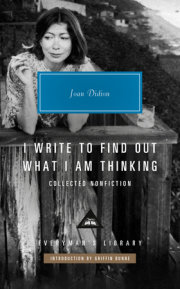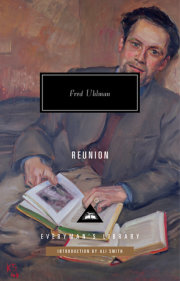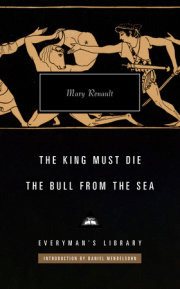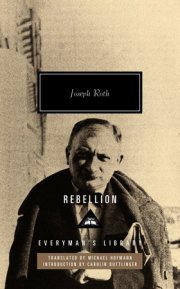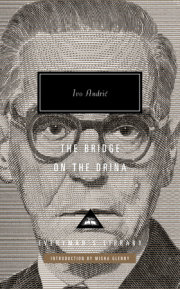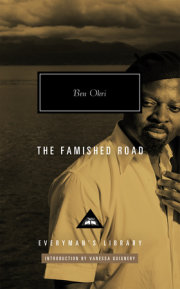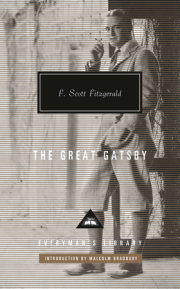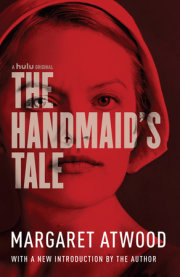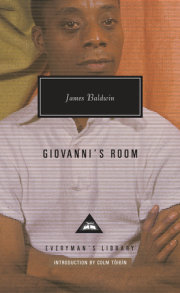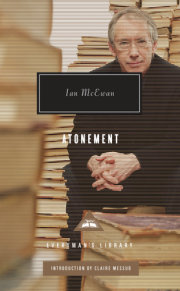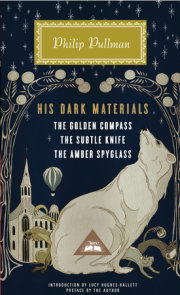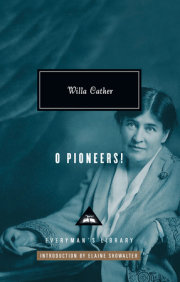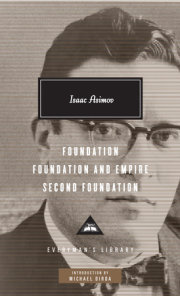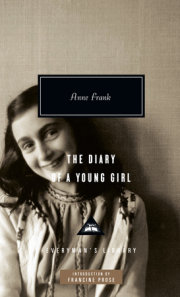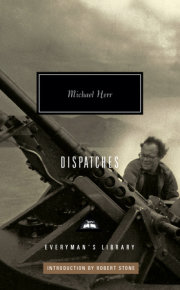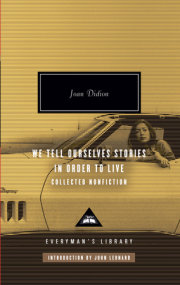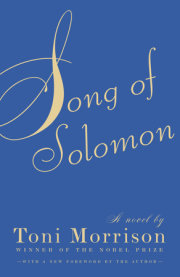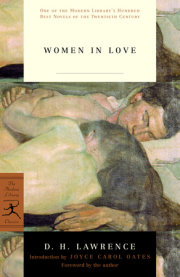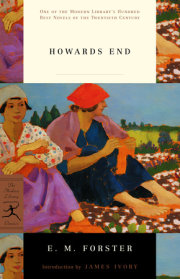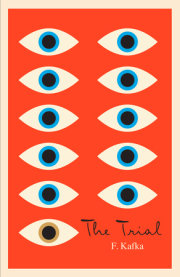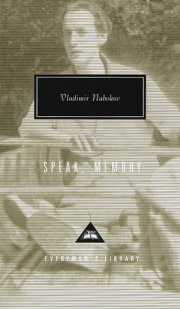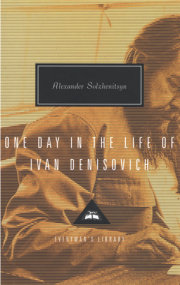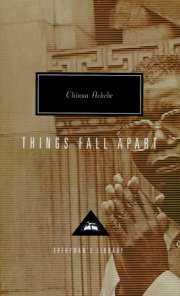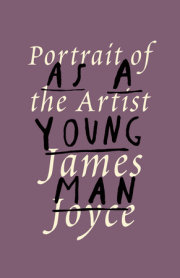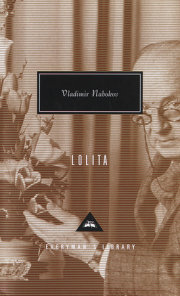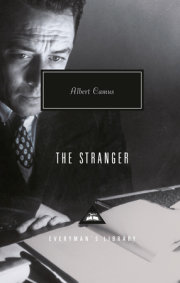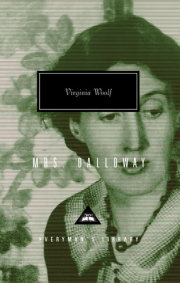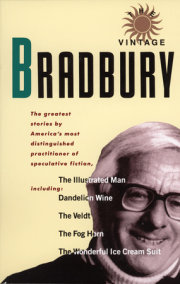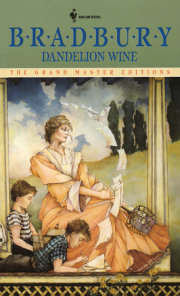FROM THE INTRODUCTION
By Christopher Buckley
——
In an episode of the hi t TV show
Mad Men, set in 1962, one of the characters is skeptical about a planned business trip to the West Coast. He asks his boss in a smug, New York City way, ‘‘What’s in L.A., anyway?’’
The boss, Don Draper, played by Jon Hamm, smiles coolly. ‘‘The Jet Propulsion Lab? Ray Bradbury?’’
It’s a throwaway l ine, a fleeting tip of the hat by
Mad Men’s creator, Mat thew Weiner, to the ult imate Writer’s Writer: Ray Douglas Bradbury, who, as I type these words, is one day away from his eighty-ninth birthday here on Planet Earth. (His middle name derives from Douglas Fairbanks, an idol from another era.)
Ray Bradbury published his first short story in 1938, which means that he has been a working author for seventy-one years. He is a self-professed ‘‘sprinter’’ at the short story, rather than a ‘‘marathon runner’’ novelist. It is hard to think of a writer who has done more wi th the short story form than Ray Bradbury. According to his able biographer, Sam Weller,* he has written one every week since he started. By my math, that comes to 3,640. The ‘‘Also by’’ page of a recently published book of his essays,
Bradbury Speaks, lists thirty-two titles.
Many writers are prolific. It is perhaps Ray’s influence on other writers – to say nothing of his readers – that sets him apart. It is profound. In the pages of Mr. Weller’s book, you’ll find the tributes and friendships of a diverse group: Bernard Berenson, Christopher Isherwood, Aldous Huxley, Stephen King, Federico Fellini, François Truffaut (who managed completely to screw up the film version of
Fahrenheit 451), John Huston (for whom Ray wrote the screenplay to his
Moby-Dick), R.L. Stine, Buzz Aldrin (among dozens of astronauts), Walt Disney, John Steinbeck, Charles Laughton, Rod Steiger, legendary editor Bob Gottlieb (who helped to shape many of these stories), Sam Peckinpah, and Steve Martin. I’ll stop there, other than to say this is but a partial list of Ray Bradbury’s fan club.
Glittery names, to be sure, but Ray’s influence runs deeper. Literally, it occurs to me. Whenever I’m on a subway, I’m always curious to see what books – if any – kids are reading these days. And the two books that I routinely see the teenagers reading, intently, are
Atlas Shrugged and
Fahrenheit 451. The next most-often-sighted book is
Dandeli on Wine (1957), which many Bradburians insist is his finest work.
Ray Bradbury has covered the world – indeed, universe – with his themes: small-town America, Mars, fantasy, horror, and science fiction. You could even go so far as to say that we live today in a world that was prefigured by Ray Bradbury.
Fahrenheit 451, published in 1953, anticipated an age dominated by television, wall-sized plasma-screen TV, and even Sony Walkman-like devices. One of the most chilling stories in this collection, ‘‘The Veldt,’’ published at the start of the TV era, today reads like an Elijah-like warning against surrendering ourselves to the false Edens of the vast wasteland and its bastard offspring, video games.
There are some ironies here in being warned against all this by one of the most famous writers of science fiction. (He prefers
to be known as a writer of fantasy.) But few writers have a crater on the moon named for one of their books (Dandelion Crater, so named by the crew of Apollo 15 ) or have consulted on the U.S. pavilion for a World’s Fair, or on an EPCOT exhibit at Disney World. You’ll learn in Weller’s book that Ray was also the inspiration for the design of a number of leading – brace yourself – shopping malls in America. Then, of course, there is the Ray Bradbury Park in his hometown of Waukegan, Illinois. Ray is that rarity in America: the writer who has made his hometown unequivocally proud.
✽
Any appreciation of Ray Bradbury must begin in Waukegan, where a robotic stork or Martian obstetrician dropped him down the chimney on August 22, 1920. That was the year Prohibition began, the first commercial radio broadcast was made, Harding was elected, and F. ScottFitzgerald married (don’t do it, Scott!) Zelda. Other notable births that year: Isaac Asimov, America’s most graphomaniacal sci-fi writer; and Alex Comfort, author of
The Joy of Sex, a book that, like so many of Ray’s, brought great pleasure to a whole lot of people. In 2001, Ray told
Salon: ‘‘Why would you clone people when you can go to bed with them and make a baby?’’
The town Ray Bradbury grew up in is very much the Green Town of the Dandelion stories, a number of which are included here. The very first story, ‘‘The Night,’’ begins with, ‘‘You are a child in a small town.’’ And there you are, in a magical and often mystical world of grandparents and pie smells and fireflies and the bang of the screen door.
And there are things in the woods beyond. One of the final stories in this collection, ‘‘Farewell Summer,’’ was originally included in
Dandelion Wine but was cut. Here it is, and it’s haunting. It will, perhaps, take you back to that summer in your own youth when you realized that it wasn’t going to last, and that there were some
seriously scary things out there beyond the woods.
‘‘Grow up?’’ Ray commented once, after sadly watching a boy balk at entering a toy store in Sausalito. ‘‘What does that mean? I’ll tell you: It doesn’t mean anything.’’
There’s a rare note of contempt in that statement, and it’s telling. Ray Bradbury is a sunny, decent, loving, gregarious, generous man, both on the page (at least when he’s not scaring the bejeezus out of you) and in person. The joyousness and zest that he brings to his work – even to the darker works – seem (to me, at least) to arise out of his eternal boyishness. Ray Bradbury has
no Inner Child. He has an Outer Child. On the page, he’s Douglas (note the name) Spaulding of the
Dandelion stories. Douglas is a Huck Finn: prototypically Midwestern, a rulebreaker, adventurer, and dreamer. (Odd, come to think of it, that nowhere in the literature about Bradbury have I found a single reference to Twain. Perhaps it’s not true, as Ray’s fellow Illinosian Ernest Hemingway said, that ‘‘All modern American literature comes from one book by Mark Twain called
Huckleberry Finn.’’) But to paraphrase Hemingway, all literature by Bradbury certainly comes from Buck Rogers, L. Frank Baum, Edgar Rice Burroughs, H. G. Wells, Jules Verne, Edgar Allan Poe, Sherwood Anderson, Herman Melville, John Steinbeck, William Butler Yeats, and of course Giovanni Virginio Schiaparelli.
Who?
Well, okay, I hadn’t heard of him either: the nineteenth-century Italian astronomer who discovered the allegedly manmade channels on Mars (mistranslated into English as ‘‘canals,’’), providing Ray Bradbury with the inspiration for
The Martian Chronicles.
*The Bradbury Chronicles, 2005.
Copyright © 2010 by Ray Bradbury. All rights reserved. No part of this excerpt may be reproduced or reprinted without permission in writing from the publisher.

